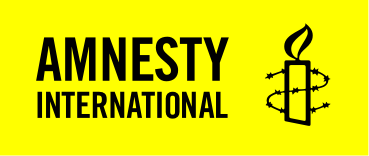Facial Recognition Can Amplify Discriminatory Policing and Threaten the Right to Protest
- Even when it “works”, facial recognition can further exacerbate discriminatory policing that disadvantages individuals who belong to historically disadvantaged sections of society 1 – Muslims, Dalits, Adivasis, Transgender communities, and other historically disadvantaged sections of society – even when they are exercising consitutionally protected rights. 2 It can also prevent the free and safe exercise of peaceful assembly by acting as a tool of mass surveillance. 3
– But that’s not all –
- Law enforcement are promoting facial recognition under the guise of protecting women and children, 4 but is always used as a system of mass surveillance.
- But this could happen anywhere (and it is already happening)
- India’s Automated Facial Recognition System proposed by the Home Ministry contemplates a nationwide centralized database that will enable State actors to use facial recognition to track your every move – in the absence of basic privacy, security and rights protections. 5
That’s Why we are Calling on Vendors and Telangana Law Enforcement to Ban the Use of Facial Recognition
Call On Vendors To Halt The Provision Of Facial Recognition
Call on vendors of facial recognition to India to immediately halt the development, sale and testing of facial recognition technologies that enable mass and discriminatory surveillance.
Call On Law Enforcement To Stop The Use Of Facial Recognition
Call on Indian law enforcement agencies to halt the procurement and use of facial recognition technologies. No amount of legal safeguards can make facial recognition compatible with human rights.


